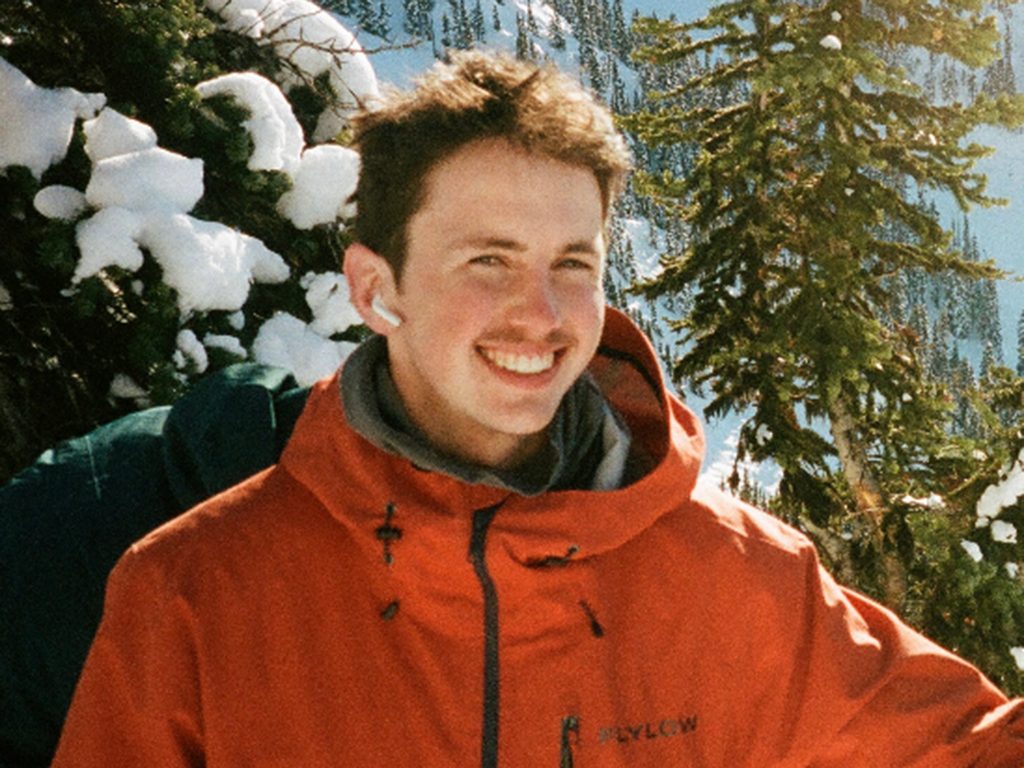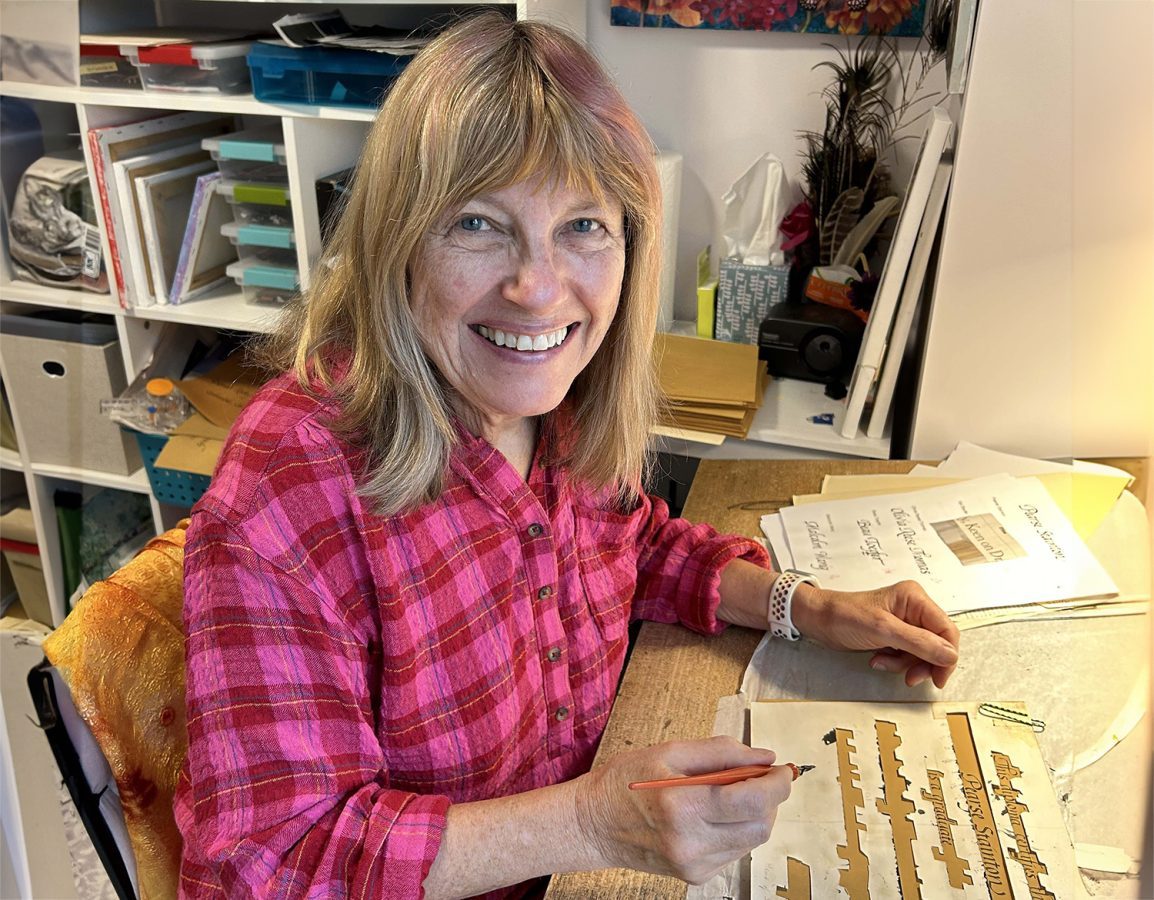Happiness
As a nation, we seem more obsessed with being happy than at any time before, and research would suggest that this pursuit of happiness has only made us unhappier. It is a paradox that I am aware of, and yet, as a parent and educator, if I could desire one thing for my children and any student at our school, it would be health and happiness above all else. Complicating the matter, the notion of one’s happiness does not come in a can that can simply be opened and distributed – in short; we can’t make our child happy.
However, there are things that we can do that often lead to happiness:
• Appreciate the child for who they are and their unique strengths – “nurture the nature” of a child. A Montessori educator shared this idea with me, but she may have borrowed it from Michael Gurian who has a book by this title.
• Provide them with a learning environment that truly challenges them and provides them with authentic opportunities for recognition, success, and to experience the connection between hard work and results – even if those results do not materialize as planned. We all know that genuinely challenging experiences have tremendous value to our sense of self-confidence and personal growth.
• When providing your child with an appropriate level of challenge, do not save them from what is often only temporary discomfort. Too often our instinct is to protect, give-in, or steer them clear of obstacles that they will encounter along the path. If we clear out all obstacles they face, they never learn to manage them on their own or to experience the sense of achievement that comes as a result of making it through the challenge.
• Recognize that teenagers need to be seen, heard, and valued and that this is a time in their lives in which they need healthy mentors and to be surrounded by a peer group that shares in healthy, supportive values.
I recently shared with students that research has supported two practices that individuals can adopt that are commonly found in happy people:
• Taking responsibility for what happens to me in my life – this includes recognizing how I interpret and respond to what is happening to me.
• Serving others – moving beyond myself by practicing selflessness and supporting and aiding others.
As a school that emphasizes community involvement, we want our students to go out into the world as educated and powerful citizens who understand both their responsibility to themselves and others. Boarding schools – even for the day student – are uniquely suited for this task because the social curriculum extends well beyond the classroom day. At CRMS we ask all our students to contribute in helping maintain the campus, we require active participation in our sports and service crews; we travel regularly in small groups in the backcountry and transfer these lessons of personal care, responsibility, and respect for oneself and others back into our daily lives.
Students learn to respect themselves and appreciate their unique strengths and weaknesses in a diverse program such as CRMS. They gain a breadth of insight and an appreciation for overcoming challenges and healthy risk-taking through which they gain confidence in who they are and their place in the world.
We can’t make someone happy – but we can give them the guidance, insight, and environment through which it will be possible. Teenagers want to be valued, and there is no better way to demonstrate our care for them than to believe in them.
 MYCRMS
MYCRMS
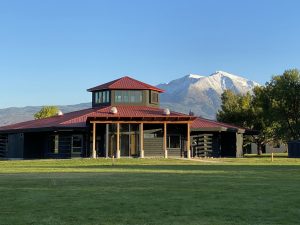
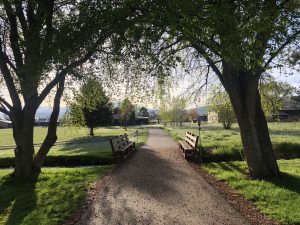
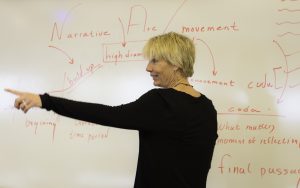


 Virtual Tour
Virtual Tour